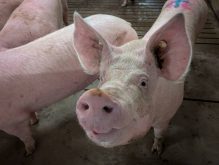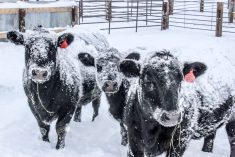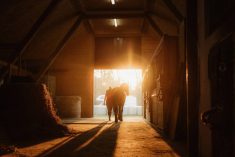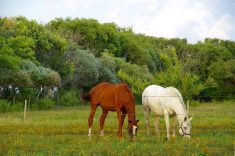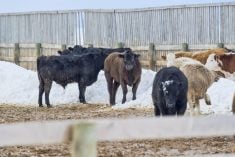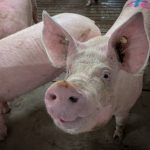Strong sales growth in the U.S. improved the first-quarter bottom line for Winnipeg feed maker Ridley Inc., despite tough times for its Canadian customers, the company reported Friday.
The company, which also operates a U.S. head office in Minnesota, posted $2.6 million in net earnings on $139.8 million in sales for the quarter ending Sept. 30, up from $1.8 million on $124.4 million in sales in the year-earlier period.
“Our U.S. feed operations and feed ingredients reporting segment each accomplished solid earnings as a result of strong sales growth and good cost controls,” said CEO Steve VanRoekel in a release.
Read Also
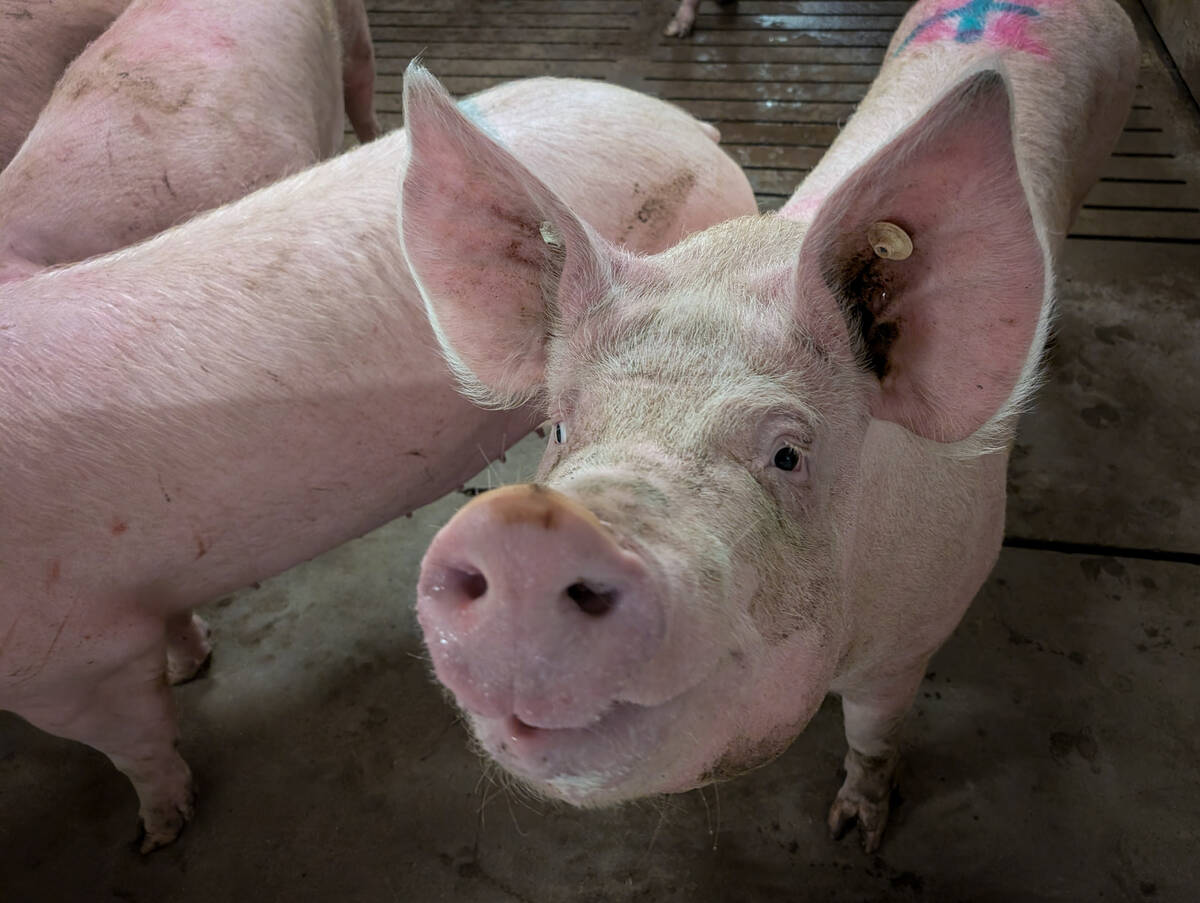
Gene edited, PRRS resistant pig approved in Canada
Canada has given its stamp of approval to pigs gene edited to resist porcine reproductive and respiratory syndrome (PRRS).
“However, our Canadian feed operations remain challenged in the face of a difficult red meat farm economy on the Prairies.”
Looking ahead, Ridley noted that conditions are “generally favourable” for its customers in U.S. livestock production, particularly in the dairy, beef cattle and broiler sectors.
However, it noted, “Canadian beef producers and hog producers are suffering poor returns from the combination of a weakened U.S. currency which reduces the value of Canadian exports and exceptionally high feed costs driven by the surge in demand for ethanol production.”
Management, Ridley said, is “focused on improving cost structures in our Canadian operations while rebuilding customer volume.”
The company’s feed supplement block business showed “marginally lower” results this quarter, due to a slower start to the feeding season this year, he said. Weather conditions in the southern U.S. this year have “moderated” the demand for feed supplement blocks.
Ridley’s biggest future uncertainty, in terms of liability, remains the lawsuits filed against it and the federal government by cattle producers in four provinces. The proposed class action suits allege that negligence on Ridley’s part led to the BSE crisis that closed the border to cattle exports to the U.S. in 2003.
Of the four suits, only the Quebec suit has been authorized to proceed as a class action and no trial date is yet set, Ridley noted in its quarterly report.
The Saskatchewan and Alberta suits are in abeyance, while the Ontario suit, which proposes to include cattle producers from the other six provinces in its “class,” has yet to reach a hearing that could approve its certification as a class action.
A previous Ridley motion to strike the Ontario plaintiff’s claims was denied, but the company is seeking leave to appeal that decision at the Supreme Court of Canada.


